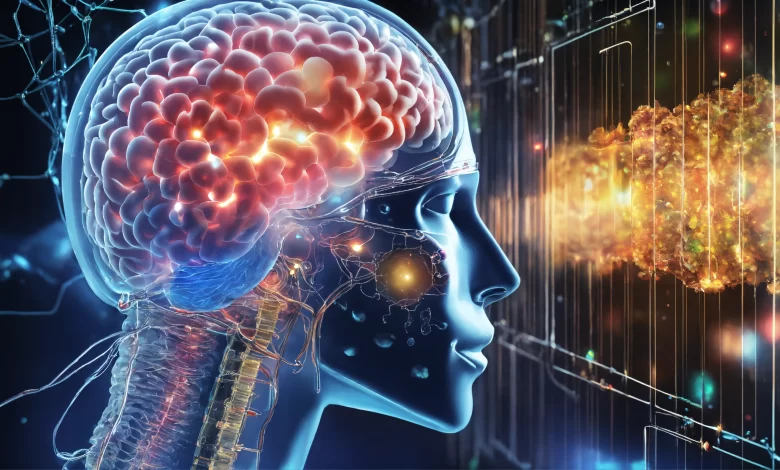Beginning with the Teen Brain 555

Teen Brain: A Journey of Development 555
Have you ever found yourself doing something impulsive or reckless, wondering why you didn’t think it through? It might surprise you, but this is partly because your brain is still developing. The front part of your brain, known as the prefrontal cortex, which is responsible for reasoning and self-control, is still maturing.
Teenage brains are unique and distinct from those of children and adults. According to research, the ongoing development of the brain impacts many behaviors during adolescence, including learning, decision-making, and risk-taking.
Teen brains excel in areas like learning new languages, music, and math. However, the development of certain parts can be compared to a high-tech gadget that sometimes struggles to connect to Wi-Fi or crashes unexpectedly.
This unreliable Wi-Fi connection is akin to the developing prefrontal cortex. This part of the brain won’t fully mature until you reach your mid-20s, meaning it can still cause issues like:

- Getting into unnecessary fights.
- Misinterpreting social cues or facial expressions.
- Acting on impulse without considering the consequences.
- Engaging in risky behaviors that seem illogical.
Interestingly, these issues aren’t exclusive to teenagers; adults face them too, albeit less frequently. This unpredictable behavior can sometimes be exacerbated by external factors such as stress, peer pressure, or social media influences.
Breaking the Silence: Teen Stories of Overcoming Bullying
Here’s an interesting fact: toddlers have significantly more synapses (brain connections) than adults—about 1.5 times as many. As we grow, our brain prunes these connections to become more efficient. This pruning process continues through the teenage years and usually completes by age 24. By then, the brain has matured, though maturity in behavior is another matter entirely.
Remedy For A Broken Heart Will Take Work Just Like Relationships
When governments decided on ages for driving, voting, and signing contracts, they likely didn’t consider the ongoing brain development. If they had, these age limits might be different.
But there’s good news. The amygdala, which is involved in emotions like pleasure, fear, and aggression, is already fully developed in teenagers. This can explain why you might react strongly to situations, such as feeling intense frustration over a curfew set by your parents.
Where To Go To Delay The Aging Clock
So, why is it important to know that your brain isn’t fully developed? Is it an excuse for poor decisions?
“I couldn’t help it. My brain made me do it.”
Not quite. You still have some prefrontal cortex development and plenty of examples to guide you in making better choices. Understanding that your brain is still forming can help you manage stress and make more informed decisions.
Remember the old advice: Put the brakes on. Think twice. Take a deep breath. Count to ten. These tips are timeless because they work, especially when your brain is still searching for its full connection.
Child and Adolescent Mental Health – National Institute of Mental Health



3 Comments